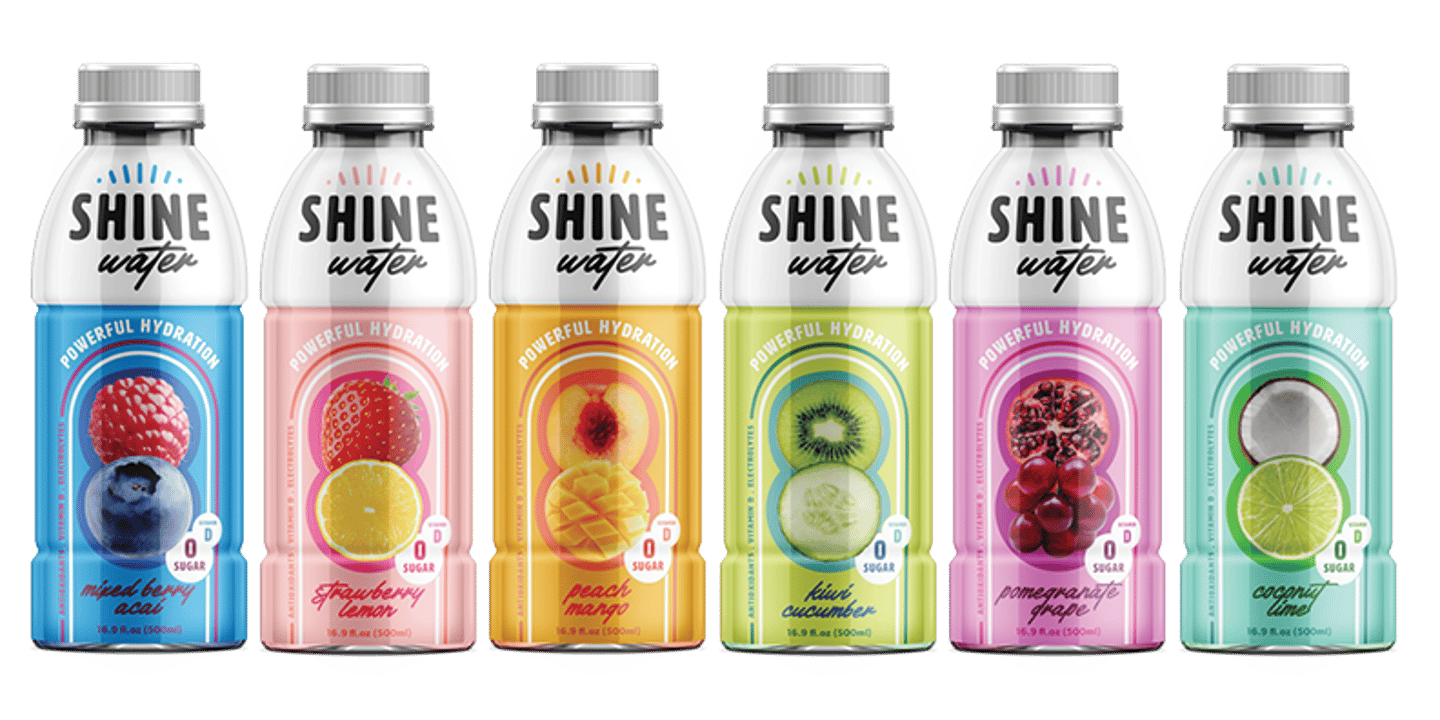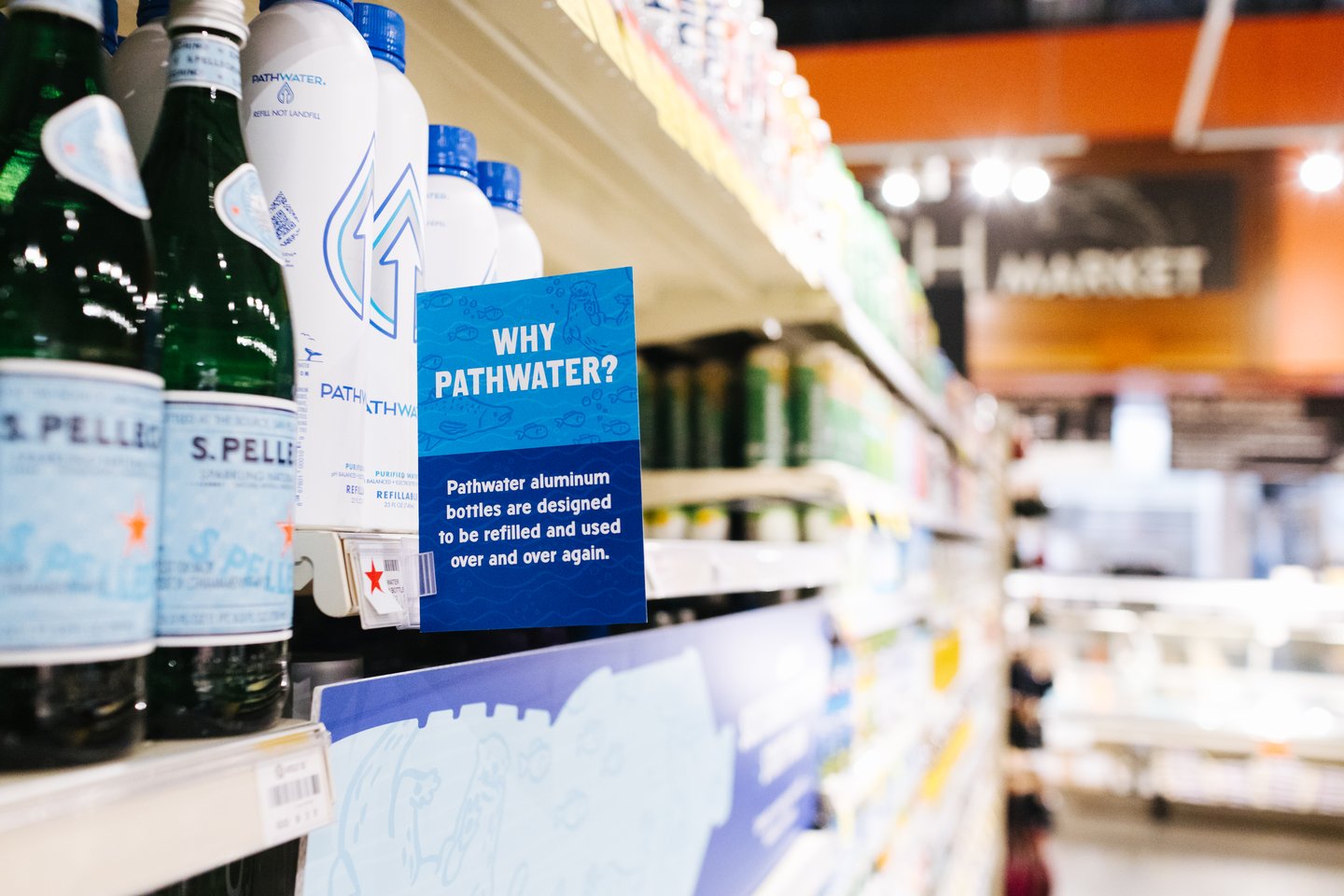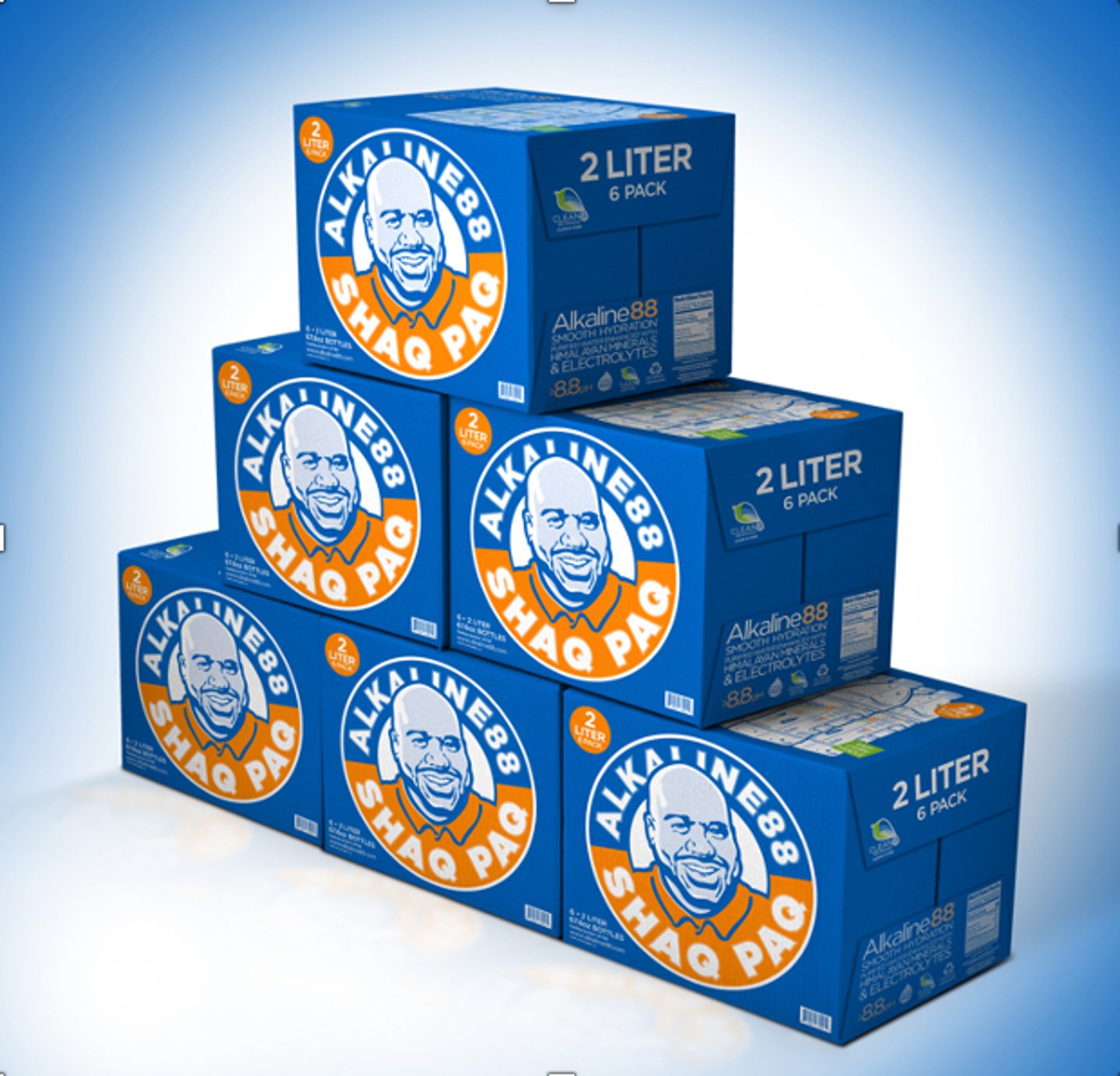Consumers Turn to Bottled Water to Quench More Than Thirst
Bottled water isn’t just water anymore. Today’s consumers have more on their minds than merely quenching their thirst.
Citing August data from Brightfield Research, Tom Hutchinson, newly minted chief marketing officer at The Alkaline Water Co., notes that “the top areas consumers are looking for in their functional beverages are health, immunity, digestive, hydration, energy, lower cholesterol, sleep, cognitive support, stress and inflammation. The ingredients that they are looking for are vitamins C and D, caffeine, none, calcium, vitamin B12, and probiotics, zinc, and turmeric.”
The company makes Alkaline88 water, which it describes as “perfectly pH-balanced alkaline water, enhanced with minerals and electrolytes.”
“Consumers are looking for ways to stay better hydrated with a product that tastes great,” observes Kazumi Mechling, SVP corporate communications and strategic alliances at Essentia Water LLC. “Essentia Water achieves both with our ionized alkaline water that has a pH of 9.5 or higher, with a clean, smooth taste. Essentia also has an added mineral blend that replenishes drinkers’ natural mix of electrolytes as they exert energy throughout the day or during their on-the-go activities. Our customers tell us they love the taste of Essentia and feel better hydrated with it.”
“ShineWater strives to meet consumers at the cross-section of convenience and wellness by solving a widespread problem: vitamin D deficiency, which affects nearly half of the U.S. adult population,” says Ryan Coon, chief marketing officer for the recently launched brand, which comes in six flavors. “As the only ready-to-drink hydration beverage on the market with a 100% daily serving of vitamin D in each bottle, we believe it is our role to provide a solution to this widespread issue, because few people are aware of the negative impact that deficiency can have on their health.”
Leaving aside the addition of any vitamins, minerals or other better-for-you ingredients, Coon contends, “At its core, bottled water is a functional beverage, providing us with the hydration our bodies need in a convenient format.”
Brands like Alkaline88, Essentia and ShineWater are tapping into consumers’ desire for enhanced bottled water products, and grocers are taking notice, with smaller natural food retailers in the forefront. According to Scott Owen, senior grocery merchandiser at PCC Community Markets, a 15-store cooperative in the Puget Sound area of Washington state, “One of the largest trends we are seeing in terms of customer demand and sales is water with high pH, so we’re ensuring we keep these products stocked.”
Meanwhile, at New Seasons Market and New Leaf Community Markets, Kevin Wiese, group director, nonperishable at the sister independent West Coast banners, says: “Across stores, we’ve seen more customers looking for beverages with collagen from brands like SkinTe, Flow or Vital Protein. Items with attributes like multi-mineral, whey protein, alkaline, electrolyte and oxygenated are also showing growth. There’s also been an increased interest in waters with caffeine, though our assortment is less developed at this time.”
Water, Water, Everywhere
According to Owen, sales of bottled water in PCC’s stores remain strong. “The past year has certainly had its share of challenges, from the obvious with the pandemic to political and environmental issues,” he points out. “We have seen that water sales go up in response to issues like this, and last year was no exception. This year, we have already seen some increases in sales, with the largest factor being when we started to see the shift of people returning to work.”
Wiese sees a similar trend at his stores, where water sales were declining before people began going back to their physical workplaces instead of continuing to do their jobs remotely. Unprecedented heat waves in the Portland, Ore., area also played a role in lifting sales at New Seasons.
Sales events are an effective way to keep bottled water sales flowing, among other tactics. “In any given month, PCC typically has some brand of water on sale,” asserts Owen. “Most of our sales are from smaller formats, with shoppers buying a bottle to go with lunch or bring back to the office. Gallons and bulk are the staple format for customers purchasing to be prepared for emergencies, or if they don’t drink municipal supply due to concerns with quality.”
“We continue to evolve our planograms to create destination sections driven by attributes within both [the] shelf-stable and refrigerated beverage sets,” says Wiese. “When relevant, we also leverage our weekly flier to highlight emerging-item attributes to inspire the customer shop before they arrive in store.”
Meanwhile, manufacturers rely on such strategies as “high-impact, visually attractive displays,” as Essentia’s Mechling notes, and “brightly colored, vibrant packaging and matte-finish bottles,” in the words of ShineWater’s Coon.
Additional Options
When it comes to new bottled products, bigger is apparently better.
“Our biggest product announcement this year is the Essentia Water 2 Gallon Box that launched earlier this month,” notes Mechling. “The new multiserve 2 Gallon Box is the first of its kind for ionized alkaline water. … Essentia created this new product innovation in direct response to its customers’ desires for large-format and more sustainable options.”
Earlier this year, Essentia added a 500-milliliter 6-pack to its premium water lineup in direct response to increased consumer demand for multipack options during the COVID-19 pandemic. According to Mechling, “Essentia is the first high-pH water offered in a 6-pack of 500-milliliter bottles and is a convenient, on-the-go size.”
For its part, The Alkaline Water Co. has joined forces with basketball legend Shaquille O’Neal on the Shaq Paq, a 2-liter 6-pack slated to roll out across the country. The company also plans to release by the end of this month six CBD beverage products offering formulations for relief, rest, relaxation, re-energizing, resistance and refreshing.
Better for the Environment
Countering the image of empty plastic water bottles creating an environmental nightmare, Alkaline88’s eco-friendly, fully recyclable 16-ounce aluminum bottle is now available in more than 9,000 locations across the country, with a new 750-milliliter fully recyclable and refillable white aluminum bottle set to debut. This may prove to be a shrewd move, since New Seasons/New Leaf’s Wiese observes, “Sales of items in aluminum are significantly outpacing the total category results.”
Apart from the aluminum packaging options, the Alkaline Water Co.’s products are bottled in 100% recyclable PET BPA-free bottles, with all components domestically sourced and substantial use of recycled materials, and its bulk packaging already exceeds the 2022 recycling standards for the state of California.
Essentia’s new 2 Gallon Box is made from recycled corrugate and uses 80% less plastic per volume of eight 1-liter bottles. The brand’s bottles are PET-1, which is BPA- and phthalate-free, with wash-away labels and recyclable caps, and can be recycled at virtually any recycling facility in the United States. Additionally, last year Essentia achieved CarbonNeutral Packaging certification under The CarbonNeutral Protocol, the leading global standard for carbon-neutral programs.
At retail, PCC has expanded its ban on plastic water bottles to include sizes below 1 gallon, and also no longer offers plastic-flat bottled water in refrigerated impulse locations. “We transitioned those options to water in new packaging options, including paperboard, glass and aluminum packaging,” explains Owen. “So far, the response has been favorable.”
Meanwhile, New Seasons and New Leaf are focusing on more than plastic bottles. This past April, the banners discontinued sales of still water in single-use bottles of 1 liter or less. “The initiative applies to single-use bottles in plastic, fiber, aluminum and glass containers as we look to reduce single-use waste beyond just plastic,” notes Wiese. “To provide a further example, plastics, while detrimental to our oceans and waterways, can actually have less impact than other materials due to their light weight, which reduces emissions during transportation, and their ability to be reused before they are recycled. Our initiative considers the entire environmental footprint of all materials on top of the lifecycle of a package.”
He adds: “In tandem with our water bottle elimination, our off-shelf strategy has shifted and we’re focusing less on single-serve displays and more on reusable or multiserve items to align better with our sustainability efforts.”
Coming Right Up
With regard to emerging trends, “the two biggest are in regards to sustainability in packaging and in functional and flavor benefits,” affirms Owen. “We will continue to look for ways to reduce plastics and meet shopper demand for water with added vitamins, high pH, bubbles and flavor, with no added calories.”
On the functional front, Hutchinson sees “adaptogen-enhanced, botanical, keto and probiotic as up-and-coming trends,” while in the eco-friendly realm, Mechling notes, “There is an increasing need to protect our planet and ensure products are sustainable and friendlier to the environment.”
In the wider sense, as Coon points out, “You have only one body, and consumers have a right to demand more from food and beverage brands in terms of how their ingredients are contributing to a lifetime of healthy living.”








